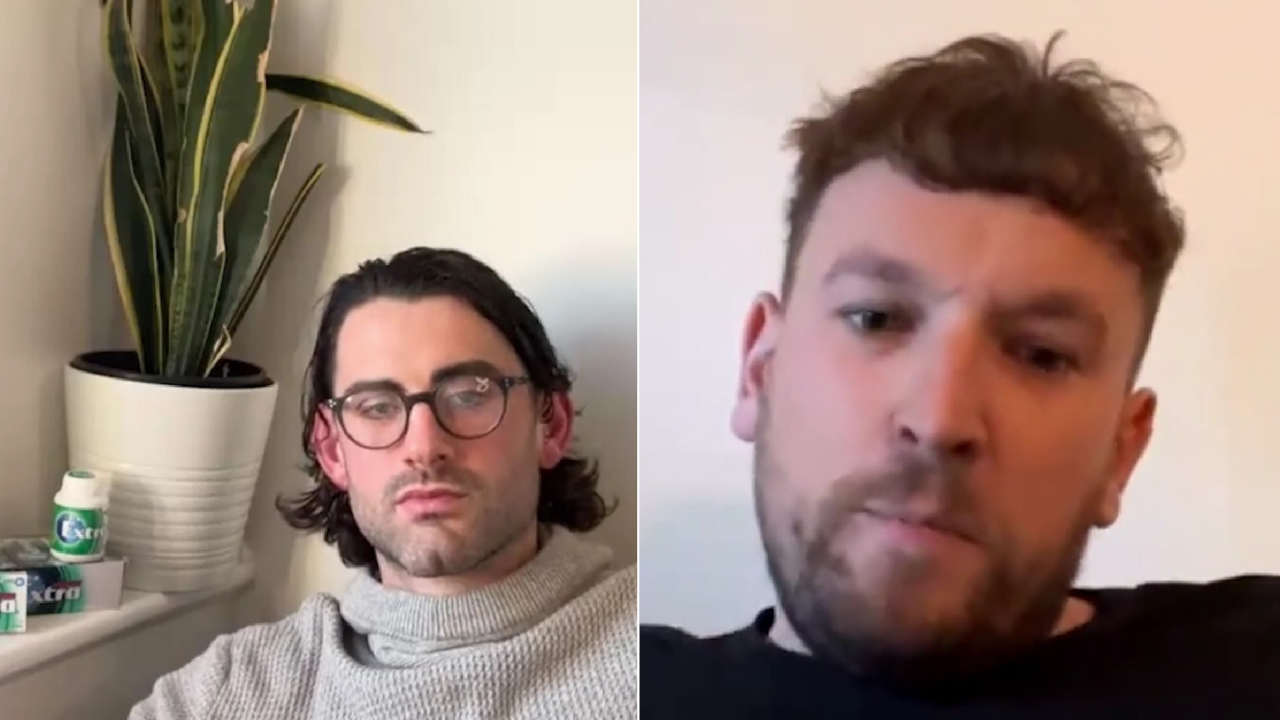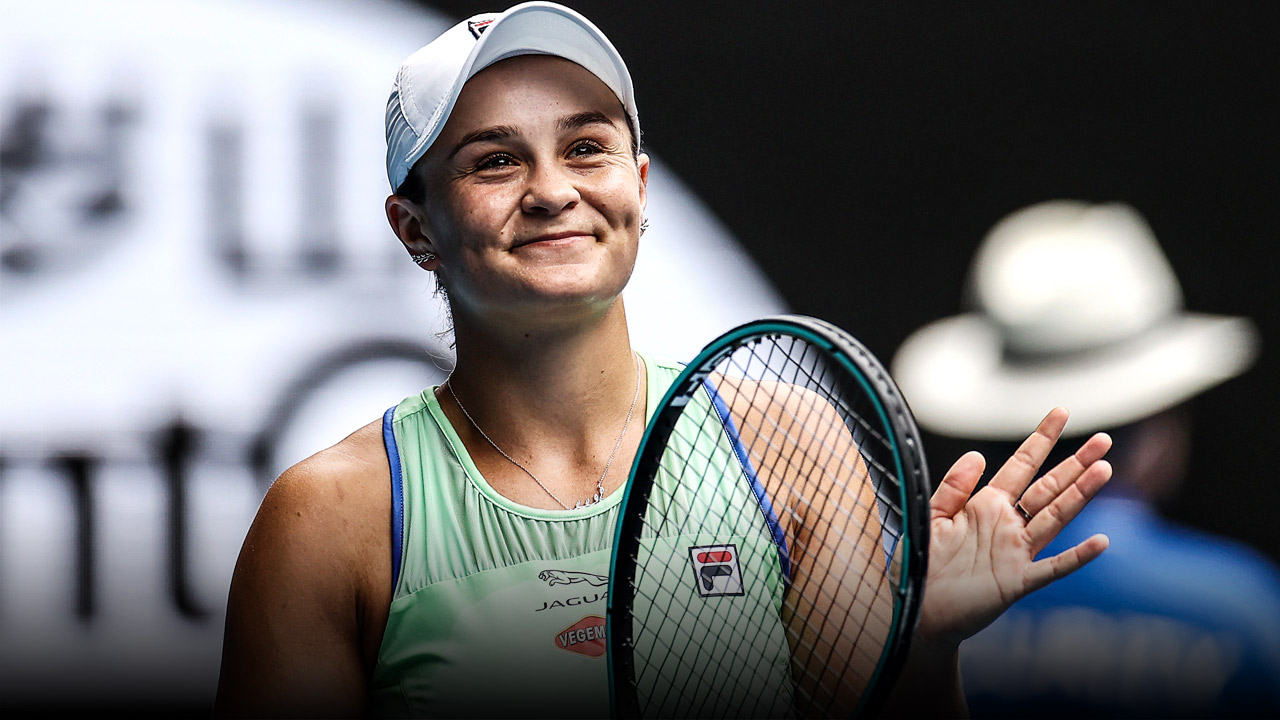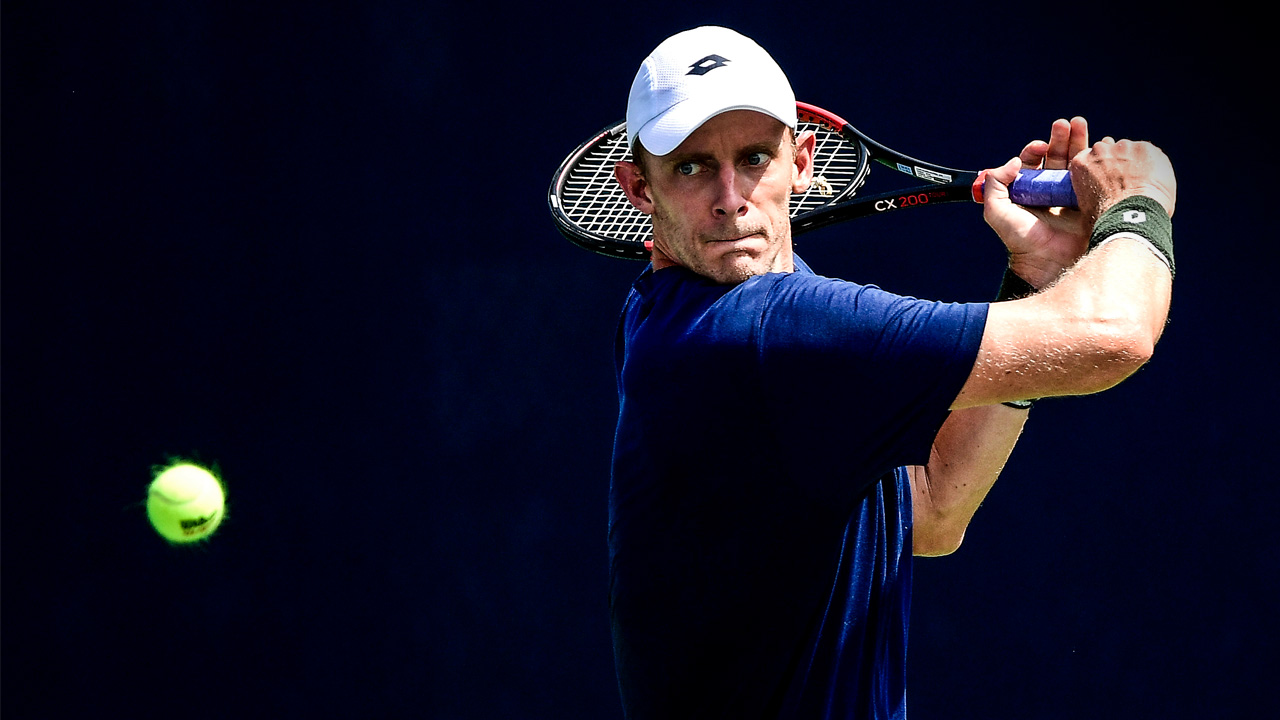My family is a good example of the different pathways that tennis players can take after playing.
That’s the reason I am here talking to you now.
When many players stop playing – and that includes drawing on my own personal experience – they feel like they have failed and have to quit, rather than retiring. That is obviously a difficult feeling to confront when you have sacrificed so many things for a sport.
There is the sense that you did not succeed and it leaves you wondering what is next. It is almost a feeling of shame, knowing the sacrifices that were made by the people around you, particularly your parents, and that you have let them down.
There are lucky ones, like myself, who are able to quickly get on with life. But many like Todd – and others who have reached out since his passing – really struggle. They have difficulty adjusting to the loss of their network and community, the loss of previous meaning, value and identity, and with adjusting to everyday life and related responsibilities.
As well as being a fair sportsman, Todd had a fighting spirit and was a warm, effervescent character with a twinkle in his eye that attracted people to him throughout his career and beyond.
Tennis Australia provides many players with the opportunity, support and monetary investment to become successful athletes, something that the Reid kids benefited from and that we are grateful for.
I have spoken to people working in player development and performance for Tennis Australia over the past few months and I know they are incredibly passionate about helping current players not only be the best tennis players they can be, but also well-rounded individuals with multiple options should it not work out. As we know, for most tennis players trying to make it on the international circuit, this will be the case.
After much reflection of late, I understand tennis provided me with many skills which have helped me to live a great life and be successful both personally and professionally. However, I walked away from the game when I stopped playing. I didn’t see anything there for me. I didn’t want to coach or work in tennis. I didn’t want to have anything to do with it.
I realise now that I have more to offer and can give back to retiring players. Over the years I have enjoyed playing tournaments and fixtures, but I’ve had no formal role within tennis.
It’s time for me to get involved again.

Thinking back on Todd’s experience, he certainly would have benefited from a support network. Though his family were there for him – as well as a few close friends who stuck by him – it was still difficult when he found himself in the wilderness, particularly in the initial stages of his retirement.
The International Tennis Club of Australia, with its network of previous players, is well positioned to help players coming off the circuit – by acknowledging their career and supporting them in the right way, at the right time. We, as a cohort, cannot let our contemporaries and colleagues drop off the radar anymore.
At the same time, we need to keep the networks open to ensure that we don’t lose previous players to the sport, with the positive input they can bring to the game and its players in retirement.
My family supports the IC in their retiring players program and Todd Reid legacy fund.
The aim of the program is to give the player who quits the tour the opportunity to gain a broader perspective about their journey onto the next stages of life, and to help and connect them with appropriate skills, training and support through what can be a difficult transition time.
I urge all of you to get behind it to ensure there is a safety net for those finding it hard.
More about: Australian Open | Retirement | Todd Reid | Wimbledon




 Load More
Load More